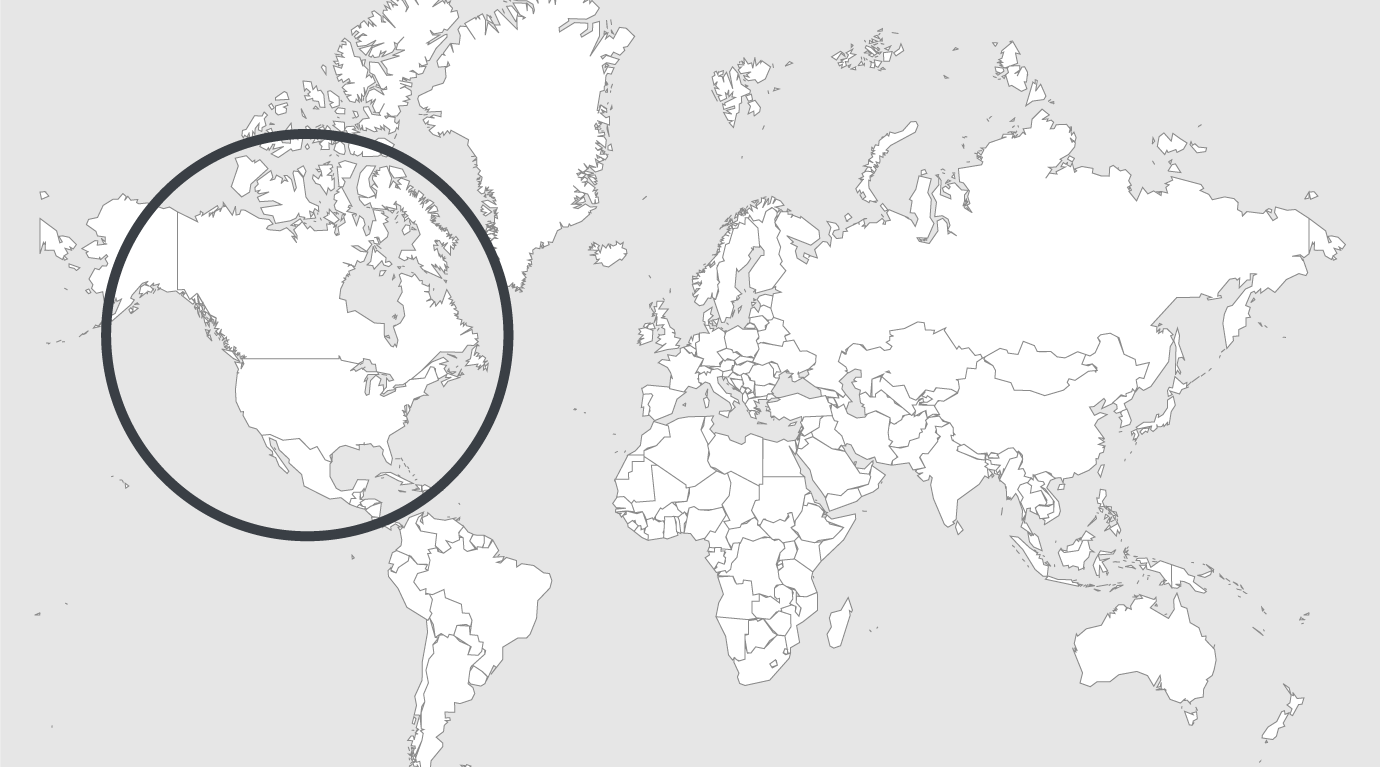
Explore
United States of America: counting prison inmates differently could shift political power to cities
A prison in Vacaville, California. After the 2020 census, California and Delaware will join New York and Maryland in counting prisoners in their home communities rather than in the place where they are incarcerated.
More states plan to count state prisoners as residents of their home communities, rather than residents of the places where they are incarcerated — a change that would shift political power away from conservative rural areas to more liberal cities during legislative redistricting.
Many inmates hail from neighborhoods in or near cities, but most are incarcerated in small towns and rural areas. Counting prisoners as residents of their hometowns would, for the most part, boost the legislative representation of Democratic-leaning urban areas with large minority populations while diminishing the power of Republican, mostly white rural areas.
New York and Maryland made the change after the 2010 census, and California and Delaware will start with the next redistricting cycle after the 2020 count. Connecticut, Rhode Island and New Jersey could follow suit.
Outgoing Republican Gov. Chris Christie said the idea “smacks of political opportunism” when in 2017 he vetoed a New Jersey bill that would have shifted prisoners to their home communities for the drawing of legislative districts.
But proponents say it’s only fair to draw districts for prison-hosting communities without the prisoners. The prisoners generally can’t vote (except in Maine and Vermont) or participate in local politics, so they shouldn’t be considered constituents. And, supporters say, counting them in prison-hosting areas gives too much voting power to those districts.
Read full article
